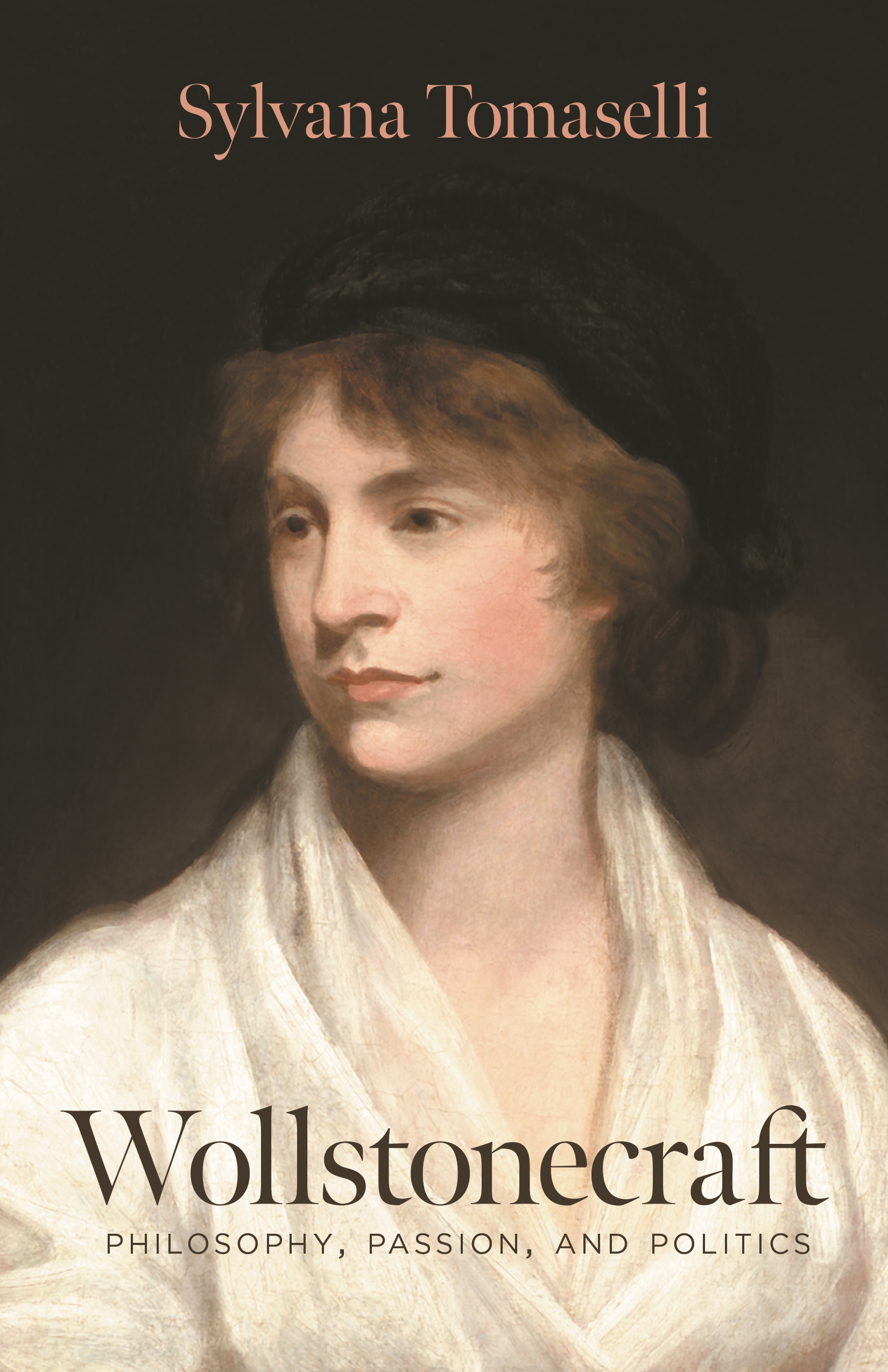
According to historian Aries's, Phillipe Centuries of Childhood ( New York: Vintage, 1962) Google Scholar, children were increasingly expected to enjoy an extended period of innocence, play, and learning rather than seek gainful apprenticeships and employment at a young age. Children's education increasingly emphasized physical, intellectual, and moral development rather than exclusively vocational training. Companionate marriage superceded arranged marriage by the mid-eighteenth century among English aristocrats (and consequently became the universal model for marriage, regardless of class).


This shift in inheritance law paved the way for people to marry for love, rather than wealth. Strict primogeniture faded in favor of aristocratic marriage settlements in which the eldest son received the estate, but all his future children, male and female, were guaranteed generous fixed incomes. No longer was the father, as head of household, the “owner” of his wife, children, and servants. Trumbach traces the shift from a patriarchal to an egalitarian system of household relations between 16 in England. I borrow the term “egalitarian family” from the historian Randolph Trumbach's book The Rise of the Egalitarian Family ( New York: Academic Press, 1978) Google Scholar.

The early Wollstonecraft views the traditional family as a cave that traps humanity in a morass of corruption with no hope of escape except in the next life the middle Wollstonecraft believes that once the family takes a new, egalitarian form, it can serve as a “little platoon” (to use Burke's phrase) that instills the moral, social and political virtues in each generation of citizens while the late Wollstonecraft fears that the traditional family is a prison from which women have little hope of escape, either in this world or through passage to the next.ġ.

Wollstonecraft was a traditional trinitarian Anglican in her early writings, a rationalistic unitarian Christian Dissenter in her middle writings, and a Romantic deist, skeptic and possible atheist in her late writings. Twentieth-century feminist scholarship has largely ignored the foundational role of theology in Wollstonecraft's moral and political philosophy, and its role in shaping the development of her philosophy of the family through three distinct stages.


 0 kommentar(er)
0 kommentar(er)
